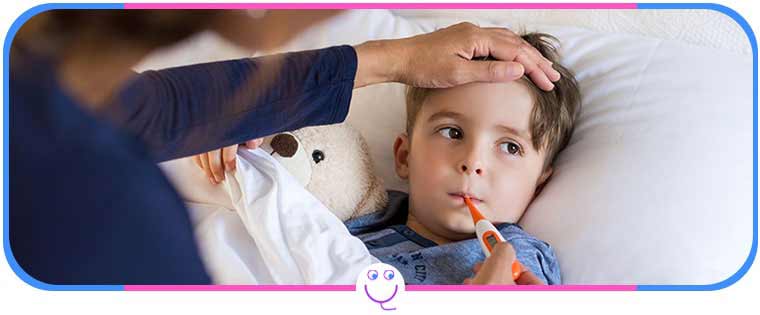Your child’s fever: turning down the heat and when to worry in Memphis, TN


A fever is a sign that your child’s body is trying to fight an infection. A child’s fever can be caused by bacteria (some ear infections or strep throat) or by a virus (colds or the flu). Some childhood diseases also can cause a fever. It’s helpful to remember that a fever is your opportunity to know that your child is sick and needs care.
A child’s “normal” temperature varies and can depend on age, time of day and rate of activity. The first thing to do if you suspect a fever is take your child’s temperature with a digital thermometer. For infants, always use a rectal digital thermometer. You can use an oral or ear thermometer when your baby gets older.
Infants
An infant’s normal temperature is a little higher than in older children. In a newborn, a rectal temperature above 100.4 indicates a fever. If your baby has a fever during the first 8 weeks of life, we need to see you ASAP in the office or go to the ER if it’s after office hours.
Older Babies and Children
If your child has a fever and is not younger than two months, there are some ways to make him or her more comfortable. You may use acetaminophen to reduce your child’s fever. Once your child is older than 6 months, you may use ibuprofen OR acetaminophen but use only acetaminophen until your child reaches six months of age. Offer plenty of liquids to avoid dehydration. Do NOT overdress your child or give an alcohol bath.
When to Call the Doctor
- Your child is younger than 2 months old and has a fever.
- Your child is lethargic, unresponsive, refuses to eat, has a rash, or is having difficulty breathing.
- You observe signs of dehydration, such as a dry mouth, a sunken soft spot, or
- Your child’s fever lasts more than a few days.
- Your child experiences a febrile seizure
For more information about fevers and what to do visit: healthychildren.org






